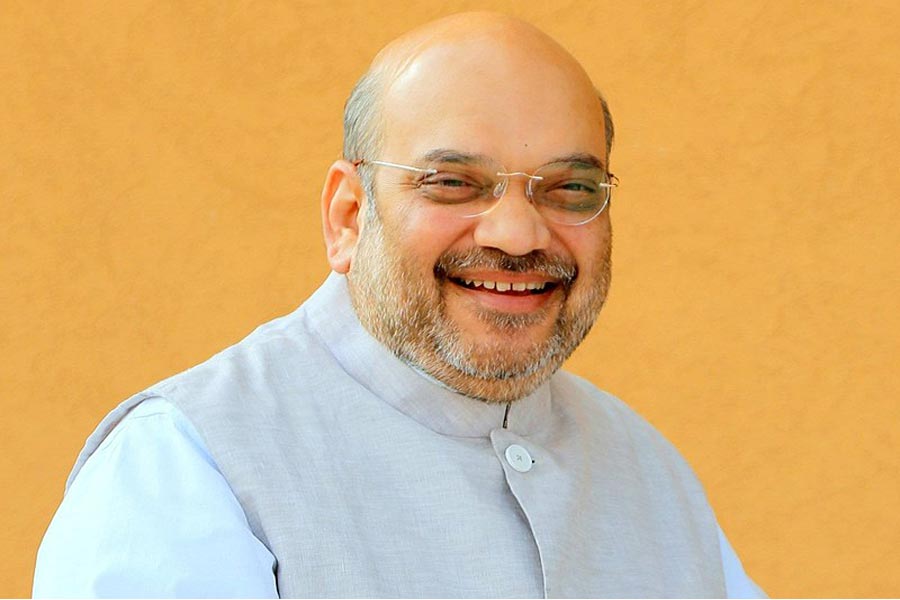We must thank our stars that Law Minister Ravi Shankar Prasad has not cited the Official Secrets Act to prevent questioning of the manner in which President’s Rule in Maharashtra was lifted and BJP’s Devendra Fadnavis and Ajit Pawar, the exact status of whose party is still not clear, were sworn in by Governor Bhagat Singh Koshyari, who is in the eye of a storm for what has done and failed to do.
The Governor was literally burning mid night oil to see ‘his own’ man installed as the chief minister. The unearthly hours also saw coordinated activities elsewhere, including Rashtrapati Bhavan and the Prime Minister’s Office. The ‘enemy’ had to be thwarted by all means.
The Official Secrets Act is meant to prevent information or material falling into ‘enemy’ hands. It was earlier used against The Hindu when the newspaper published documents relating to the Rafale deal, which the government alleged were leaked from the Defence Ministry.
As expected of him, Ravi Shankar Prasad promptly appeared before the media to justify the action by Prime Minister Narendra Modi recommending revocation of President’s Rule without the Union Cabinet recommendation, which is considered mandatory for such action.
The Cabinet approval was given under a special provision of the Government of India (Transaction of Business) Rules which gives the prime minister special powers. It did not matter that such a provision was meant to take care of unavoidable circumstances that warrant immediate action. The Rules otherwise stipulate that when the subject of a case concerns more than one department, no decision be taken or order issued until all such departments have concurred, or, failing such concurrence, a decision thereon has been taken by or under the authority of the Cabinet.
But this requirement was waived under the special provision that allowed the Prime Minister to effect a departure from Rules. And this power is available to the Prime Minister ‘to the extent he deems necessary’. Obviously, he deemed it necessary that Uddhav Thackeray must not be allowed to form a government in Maharashtra.
In reality, this is no departure from the policy that the Modi government has been following throughout. It is the same strategy used in the abrogation of Article 370 relating to the special status of Jammu & Kashmir. Article 370 was abolished using the provisions of Article 370 itself.
The dichotomy is consistent with the Hindutva line, which loves India more than anything else on earth, but that love does not extend to the people. It swears by the Constitution, but has little respect for the provisions of the Constitution. It eulogises the virtues of parliamentary democracy, but flouts democratic norms at will whenever these go against the interests of the ruling party.
In more ways than one, Maharashtra is an action replay of Karnataka. The Karnataka assembly elections in 2018 had similarly led to a hung assembly, with the BJP emerging as the single largest party with 104 seats, but falling short of majority by eight seats in a 223 member assembly. The resolve to prevent BJP from returning to power saw Congress and Janata Dal (Secular) forging an alliance despite the fact they had fought each other in the election. With a functional majority of 117 seats, the alliance staked its claim for government formation as Congress offered the chief ministership to the smaller partner.
But the Karnataka Governor Vajubhai Vala invited BJP leader B S Yeddyurappa to form government, apparently on the basis of the letters submitted by him claiming majority. As his oath taking ceremony was scheduled to take place on May 17, 2018, Congress-JD(S) moved an urgent writ petition in the Supreme Court on the night of May 16, challenging the Governor’s decision.
The then Chief Justice Dipak Misra held an urgent hearing at his residence after constituting a special bench on the night of May 16/17, which heard a marathon hearing that continued till early morning and the court ordered Yeddyurappa to produce the letter submitted by him to the Governor before the Court on the next day to verify the authenticity of the letters. Subsequently, the floor test was advanced within one day, instead of the 15 day time granted by the Governor so that the scope of horse trading could be limited. What happened during the floor test is history and the BJP chief minister had to resign in disgrace.
The action replay in Maharashtra is progressing truthfully. The Supreme Court has asked for the copy of the Governor’s invitation to Fadnavis and the letter he had submitted showing the support of NCP MLAs to stake his claim to form the government. The letters have been submitted by both contenders on Monday morning as directed by the Court. The Court is expected to issue its order on November 26.
(By arrangement with IPA)







